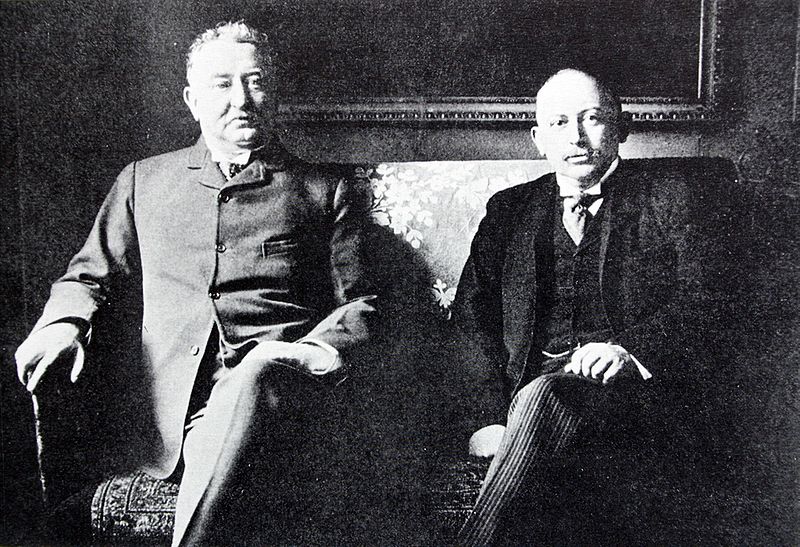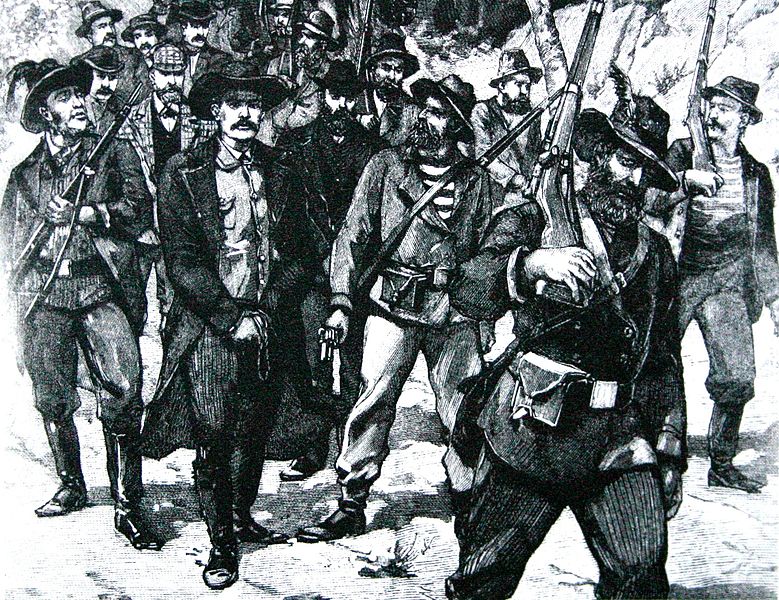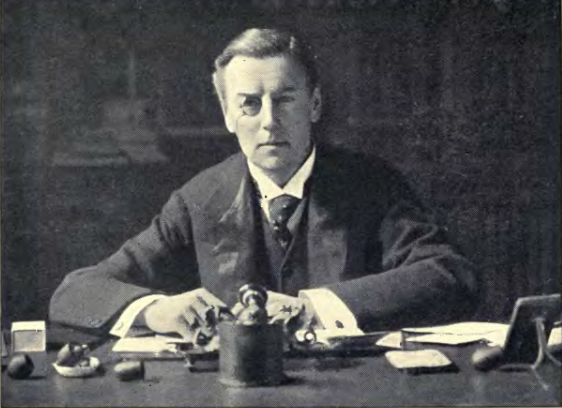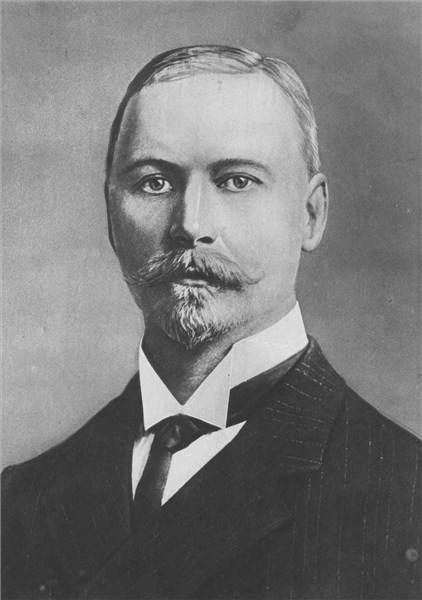Chapter four
Champagne for the Volk
"Mama, meet the gentleman who was there
when God made the earth".
President Kruger to his wife, after being told
about the gold reserves discovered in the Transvaal in 1886.
Meanwhile, the Boers had their own reasons to celebrate: the conquering hero was the Transvaal C-i-C, Commandant-General Piet Joubert, who had subdued, with the help of their Creusot artillery, a troublesome African chief called Mpefu. It was the triumphant end to half a dozen native wars in nearly as many years.
Oom Paul (Uncle Paul, as the burghers affectionately called Kruger) was seventy-three, a national monument in his own lifetime, a heroic survivor of the Great Trek and of the Battle of Blood River, were Dingaan and the Zulus were crushed. The Lord, praise the Lord, had given His people a great victory. His life spanned the whole life of the State. While around him people talked of celebrating Jameson Day, equivalent to the English Guy Fawkes, he just said, with his characteristically heavy humor, that it was not yet, at any rate, the moment to celebrate the destruction of the British.
If Kruger was the archetypal Boer of the backveld, 'Slim' (clever) Joubert was the Boer of the towns. No more striking contrast could be found on two men. One was as conservative and hard as the other was progressive and weak. As a general, Joubert hated to impose unpopular duties on the burghers, and as a politican, he did not dare to face Kruger in the Raad (the Volksraad, the Parliament of the Transvaal).
While Joubert adopted the European conventions and said nothing in grat many words, Kruger often said too much before he had spoken a sentence. Even worse, he did believe much of what he said. Kruger had made a succesful career, but the peace which followed Majuba had made him him weak to the attacks of the Progresive Party, and he almost lost the presidency to Joubert in 1893. In the Transvaal, things changed rapidly after the discovery of gold on the Witwatersrand. This discovery had far-reaching political repercussions and gave rise to the uitlander (Afrikaans word for foreigner) problem. Kruger acknowledged in his memoirs that General Joubert predicted the events that followed afterwards, declaring that instead of rejoicing at the discovery of gold, they should be weeping because it will "
cause our land to be soaked in blood".
At the end of 1895, the failed Jameson raid took place and saved him.
Jameson united the volk behind the Transvaal government. At a stroke, the old president became the heroe of the Raid and the sneers of the Progressives were forgotten for the moment. Jameson had another unexpected effect. The Orange Free State was the sister republic of the Transvaal. A piece of tolerance and good sense, where the Uitlanders had all the political rights denied to their counterparts in the Transvaal. Since the Jameson Raid a subtle changed took place. The President elected in 1896, Marthinus Steyn, began to united closely his state with his sister republic. A military pact was concluded in 1897. To the 25,000 burghers of Kruger 15,000 from the Free State were added.
Thanks to Jameson the volk inside and outside the Transvaal were united. And, thanks to Jameson too, Kruger learnt how pitiful was his own burgher army. Of the 24,238 burghers he commanded, 9,996 had no rifle; the rest had old ones of new rifles of an old pattern. There was only ammunition for a fornight.
Kruger proceeded to re-equip the Transvaal. At a cost of 1 million pounds he ordered 37,000 Mausers from Krupp's factory en Germany. Meanwhile, Joubert was buidling an excellent artillery corps, four 155 mm Creusot heavy guns, four 120 mm howitzers and eight 75 mm field guns, plus twenty of the experimental Maxim-Nordenfeld 1-pounders ('pom-pom') that were not yet in service with the British army. Four elephantine fortresses were bulit to protect Pretoria and the Rand. Its purpose was hard to imagine, as they were against the first principle of Boer tactics: mobility above all. Perhaps Kruger wanted to overawe the Uitlanders and give them a symbol of "Krugerism". It backfired. They fortresses proved them that they were too weak to defeat Kruger. They needed England.
Just in case, he kept talking with London. He relied on Jan Smuts to do it, a young and brilliant legal adviser who was called to work fast to pre-empt the attack of the Progressives, the Uitlanders and the British empire. Kruger's choice proved his shrewdness, as Smuts was an Afrikaner from the Cape, being English his first language for writing. While Smust fought for time, Kruger played with the foreign powers and investors to set them against the other.
Then came the blow. Smuts met the British agent in Pretoria, Edmund Fraser, to try to settle the cause of the coloured people. Once the topic was discussed amicably enough, Fraser went to an extraordinary orbust:
"Well, you see. Gladstone made a great mistake in handing you back the Transvaal before Majuba and before [instead of] defeating your army [...] We've got to show who's the boss in South Africa [...] I know perfectly well taht England won't go to war over abstract subjects like suzerainty. Than means nothing to the man on streets. She'll go to war about things that everyone can understand".
Captured 1-pounder Pom-Pom from the Boers
... Smut was left gasping. What was the meaning of these threat? Had Fraser gone mad or it was just the hint of a storm to come?
Then came the pebble that started the avalanche.
Enewald: In fact, this AAR is advertised in my sign, on the link "Ongoing AARs"...
Myth: Thanks a lot, Myth!












